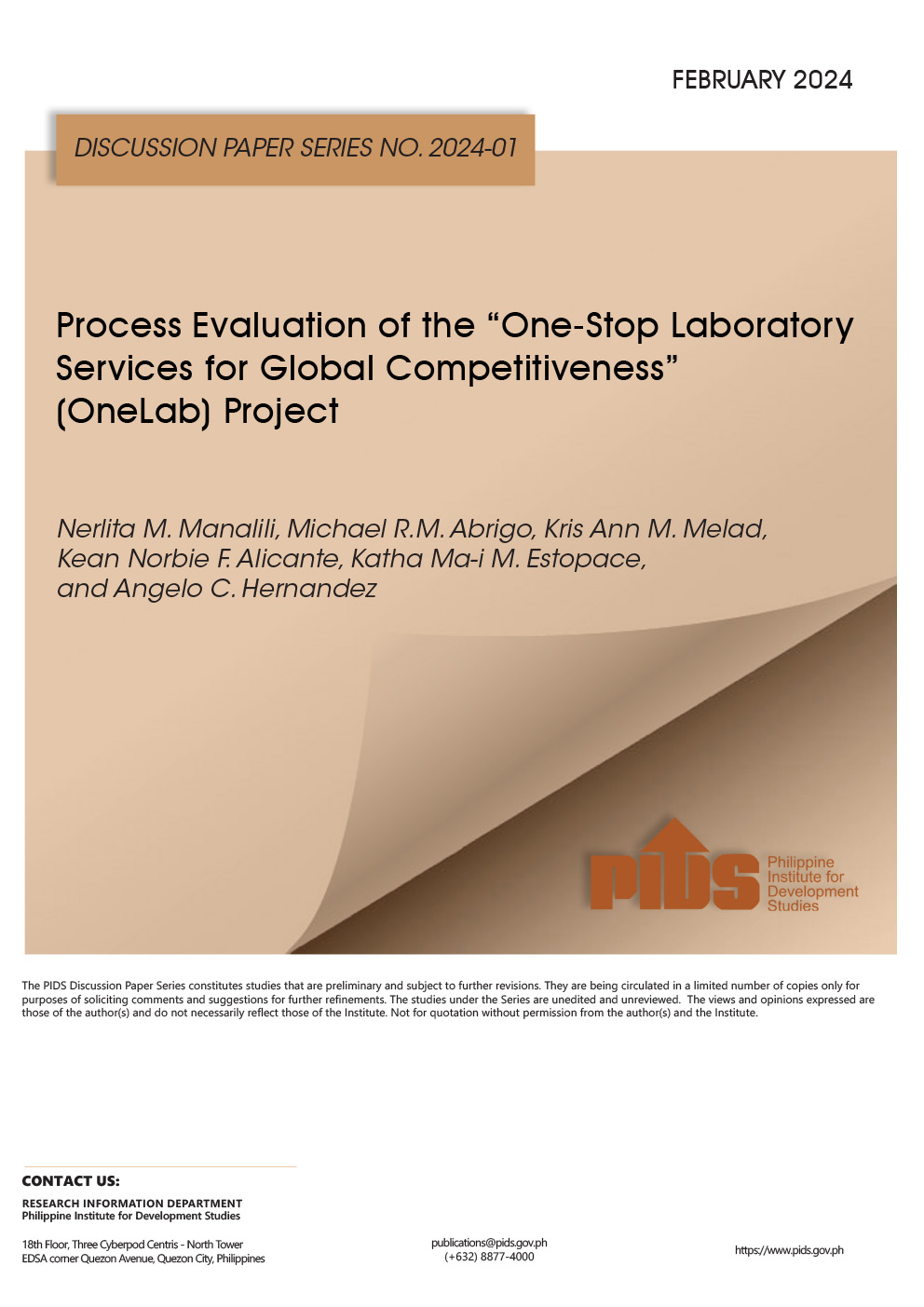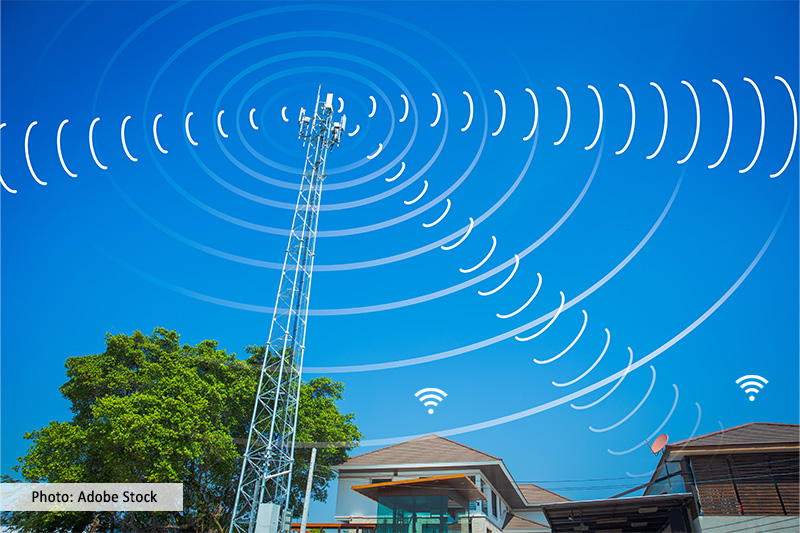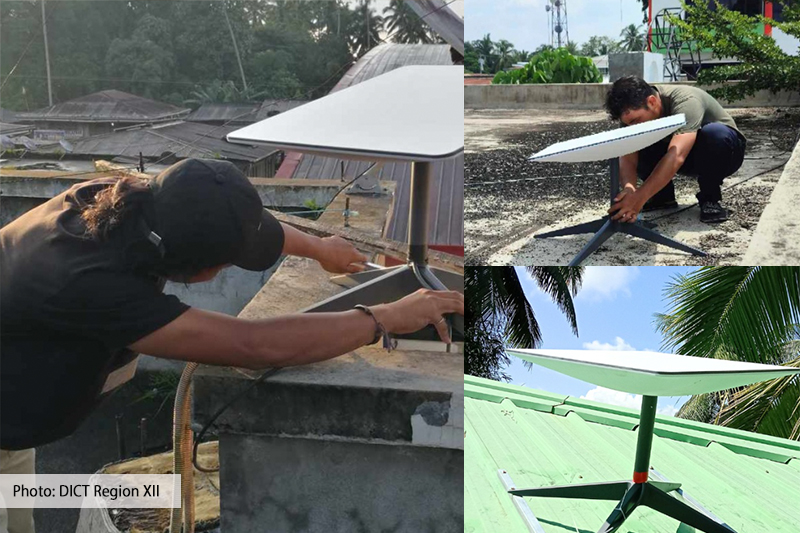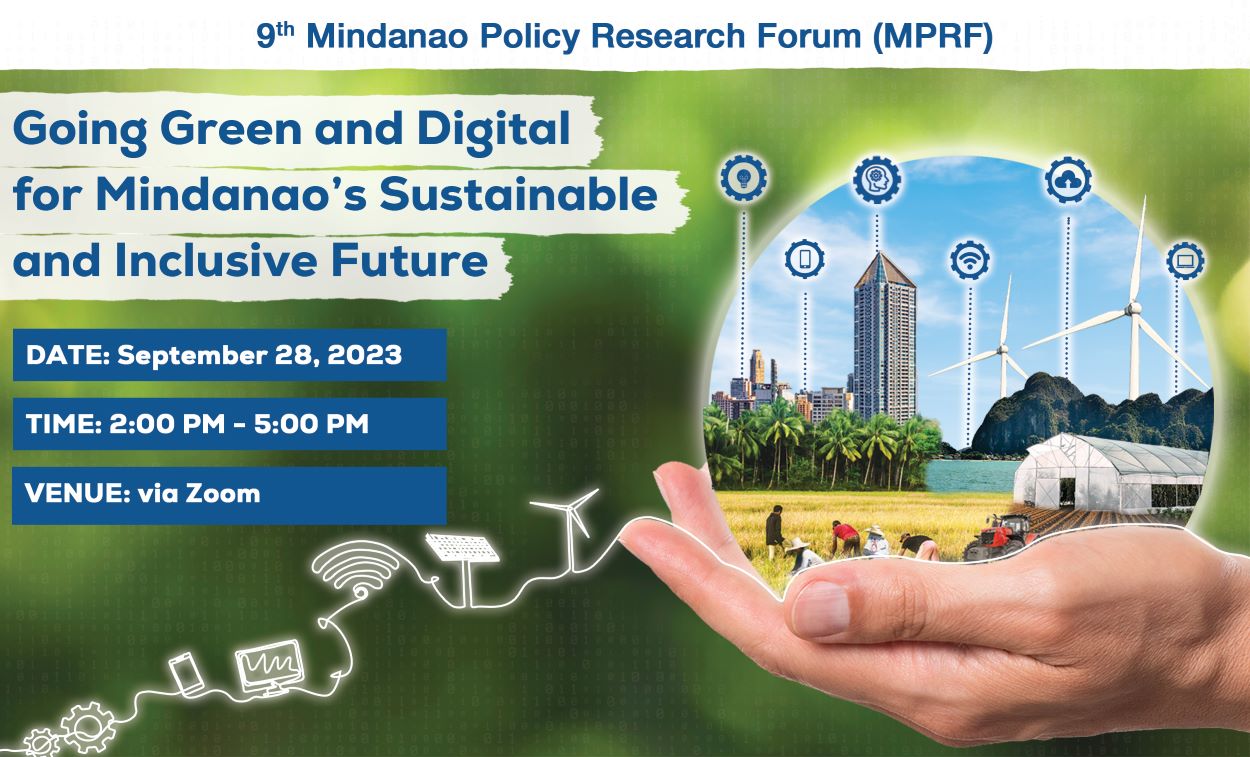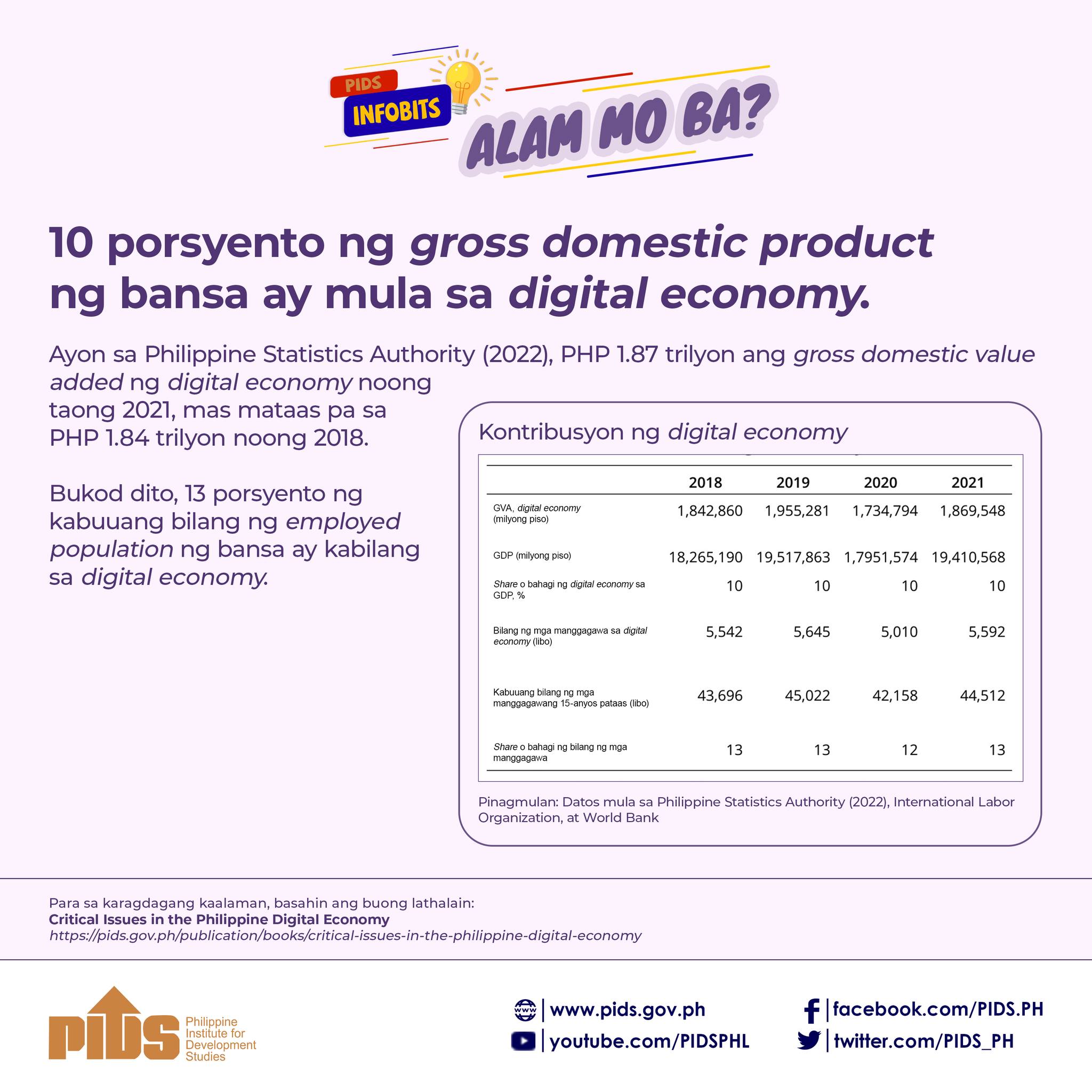Tech-savvy and adequately skilled people in urban areas in Asia, including the Philippines, stand to take advantage of the digital economy more than those who aren’t, researchers from the Philippine Institute for Development Studies (PIDS) found.
According to an Asian Development Bank (ADB)-funded PIDS study by Francis Mark Quimba, Maureen Ane Rosellon and Sylwyn Calizo Jr., those who live in urban or more affluent areas, are neither too old nor too young to use technology, male, and have sufficient skills are expected to benefit more.
They said such people have better motivational, material and skills access to computers and the internet, allowing them to participate in in the digital economy.
The digital economy, which includes the so-called platform economy, involves economic activities that employ digitally enabled platforms in using resources more efficiently.
According to the authors, people’s motivation to have “a computer or mobile phone and be connected to the internet” is influenced by gender, age, and trust and perception of the internet.
Gender-wise, the study found that information and communications technology (ICT) access is “commonly better” among males than females. As an example, it cited Vietnam, where 82 percent of males use the internet for personal purposes, compared with 73 percent of females.
Researchers also found there tends to be better internet access for those neither too old or young, as seen in Canada, China, India, Japan, the Philippines and Taiwan.
In the Philippines alone, most online shoppers are between 18 and 24 years old, but those between 25 and 34 shop online more, “perhaps because [they are] already earning their own income,” they said.
On physical access to mobile phones, computers, and the internet, the study showed that more than 85 percent of the population of developed countries have used the internet in 2019, compared to those in developing countries (53.6 percent) and least developed countries (16.1 percent).
The authors said those “better skilled have better access” to the digital economy. In the Philippines, for example, related studies showed that those with higher education use the internet for more advanced tasks, such as learning, producing creative or user-generated content, and doing online transactions.
Using digital platforms comes with trust and security issues, the study said, noting that more commercialized, well-off, and touristy areas would benefit more from digital accommodation platforms.
To address these issues, the authors recommended that the ADB should work with its member-economies in defining and measuring various indicators in the four areas of access and participation in digital platforms.
They also urged the Manila-based multilateral lender to “generously support projects that would support material access to ICT in” least developed countries.
It should also work with governments to formulate plans for “utilizing digitization, facilitating innovation, and supporting startups,” the researchers said.
The ADB should facilitate cooperation among countries to ensure convergence in the level of ICT access and participation in the platform economy over time, they added.
‘Urban Asians to benefit more from digital economy’

